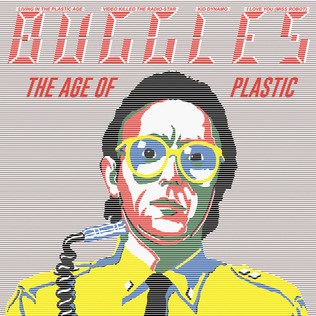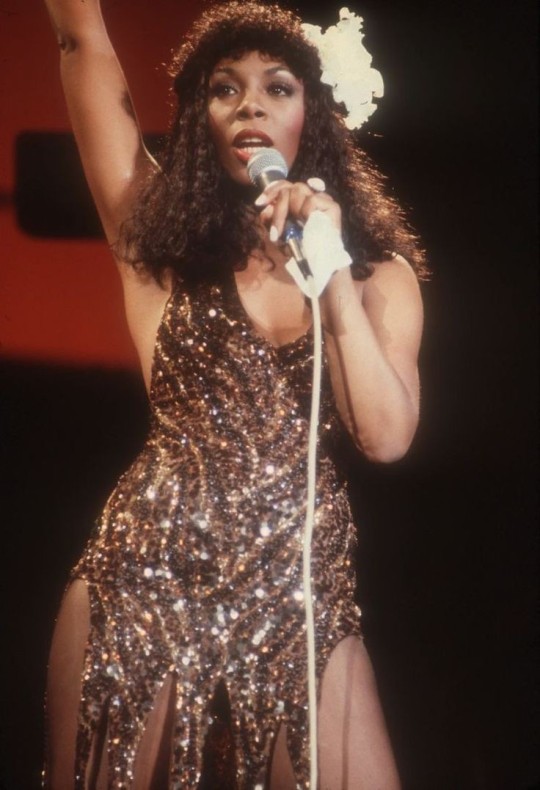#summer: the donna summer musical
Explore tagged Tumblr posts
Text

donna summer photographed by fin costello, 1976
#donna summer#1976#70s#vintage#70s aesthetic#1970s#70s fashion#70s hair#60s 70s 80s 90s#70s music#disco#r and b#music#groovy#1977#70s style#80s
2K notes
·
View notes
Text

Donna Summer (1981)
725 notes
·
View notes
Text




Donna Summer and Barbra Streisand photographed by Francesco Scavullo for their duet “No More Tears (Enough Is Enough)” in 1979.
1K notes
·
View notes
Text
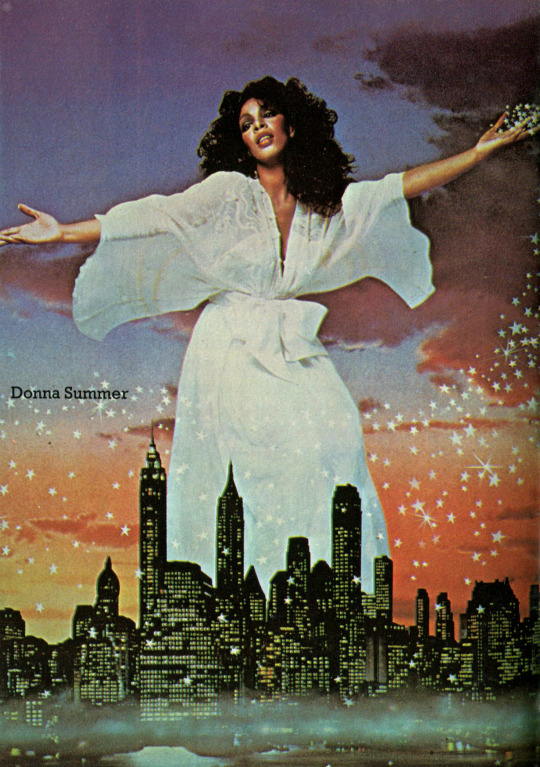
Donna Summer From The Illustrated History Of Rock Music, Jeremy Pascall, 1984
639 notes
·
View notes
Text

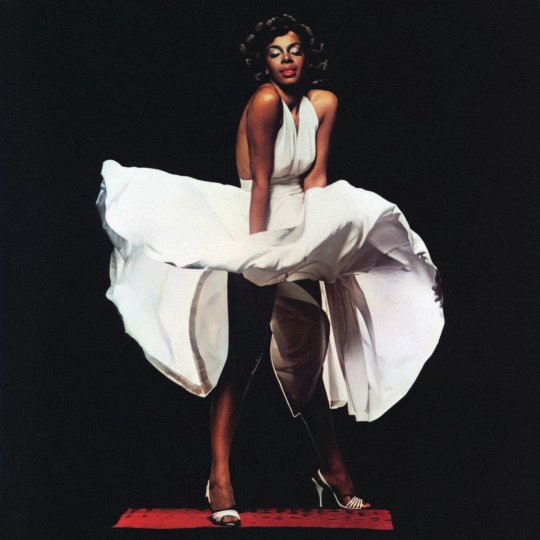
Donna Summer as Marilyn Monroe, 1976
#aeshetic#black beauty#black stories#blackgirlmagic#art#melanin#black tumblr#black woman#black love#black women#music#disco#70s#70s music#70s fashion#70s aesthetic#donna summer#marilyn monroe#people#photography
586 notes
·
View notes
Text
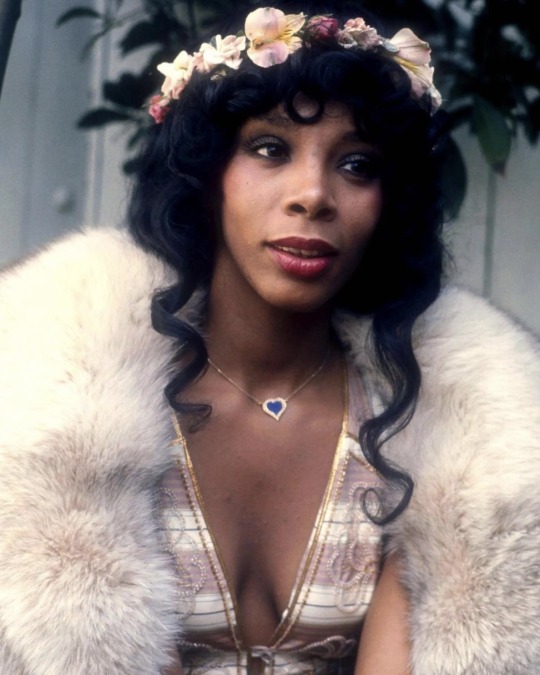
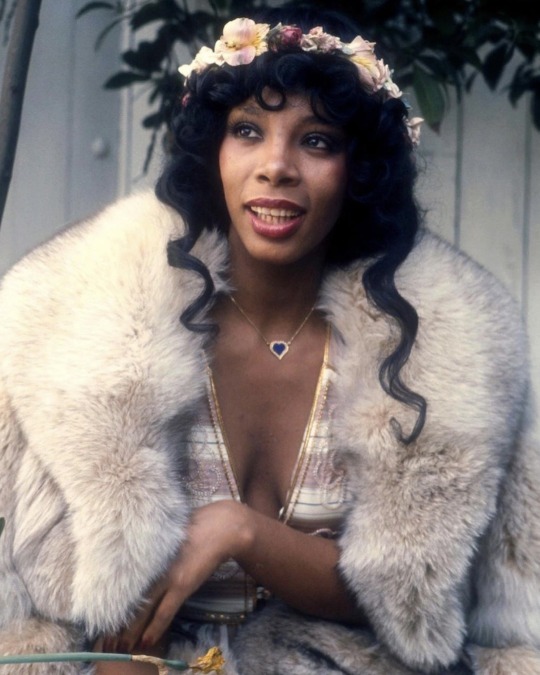
donna summer photographed by chris walter, 1976.
#vintage#60s 70s 80s 90s#retro#history#classic rock#music#hollywood#vintage photography#vintage aesthetic#70s#disco#disco queen#donna summer#hot stuff#1970s#70s aesthetic#disco music#art#vintage style#groupie#rockstar#flowers#flower crown#hippie#hippies#obsessed with these#60s#80s#90s#50s
3K notes
·
View notes
Text

#The Ol' Skool Series#soul and r&b#soul#r&b#rnb#r&b/soul#disco#music#1970s#70s#donna summer#bad girls
135 notes
·
View notes
Text
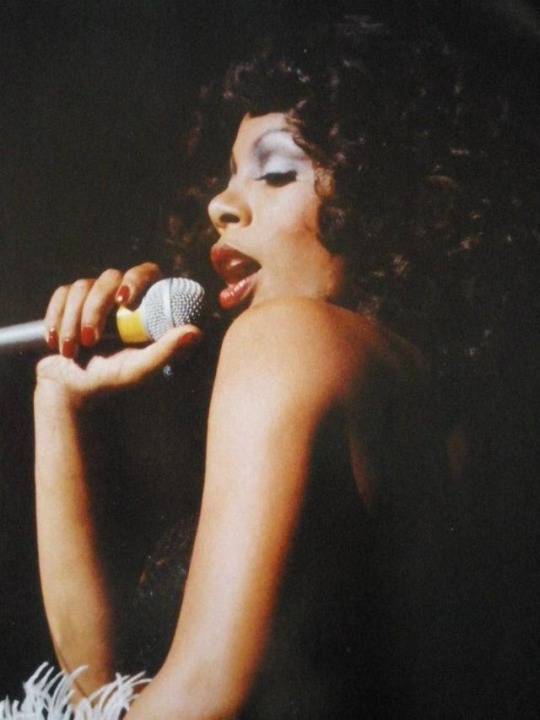
Donna Summer photographed by Francesco Scavullo in 1978
#donna summer#aesthetic#vintage#old school cool#70s style#70s fashion#70s aesthetic#70s girl#disco queen#disco girls#70s music#I feel love
838 notes
·
View notes
Text

Donna Summer.
187 notes
·
View notes
Text


donna summer photographed at the billboard awards, 1977
#donna summer#70s#1977#70s fashion#70s aesthetic#70s hair#70s music#disco#1970s#60s 70s 80s 90s#vintage#music#70s makeup#70s style#70s icons#80s#groovy#awards
480 notes
·
View notes
Text
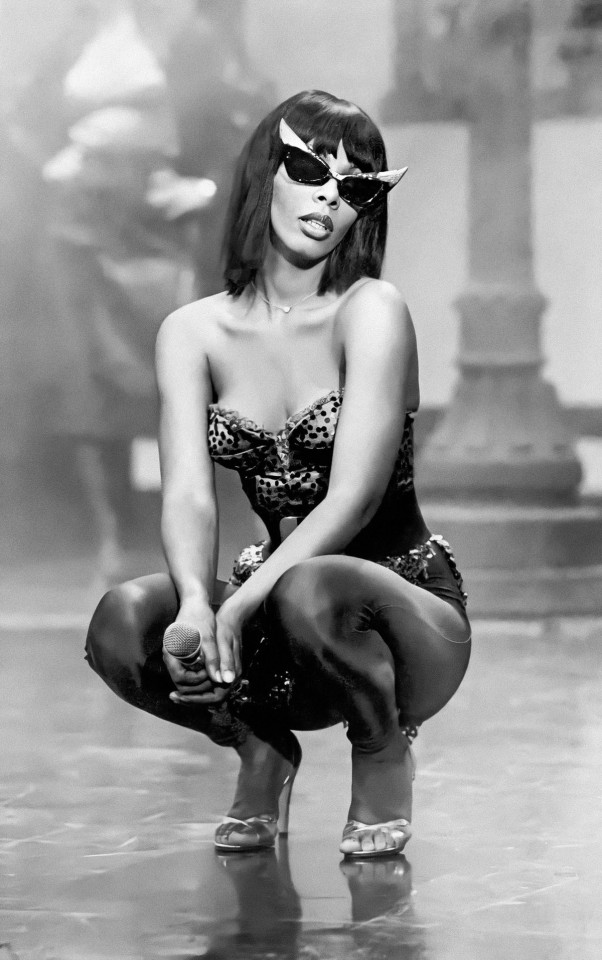
Donna Summer (1980)
4K notes
·
View notes
Text



Donna Summer photographed by Jack Mitchell, 1978.
847 notes
·
View notes
Text


103 notes
·
View notes
Text


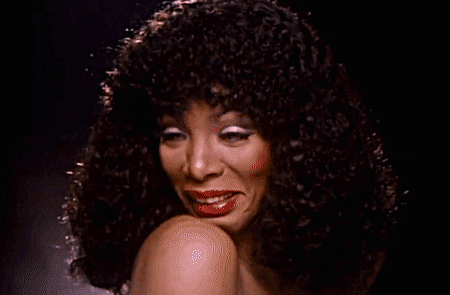

Love to Love You, Donna Summer (2023) dir. Brooklyn Sudano & Roger Ross Williams
#donna summer#my upload#userwocs#tusernico#filmgifs#dailywomen#dailymusicqueens#userduzi#nerd4music#70s#80s#music documentary#love to love you donna summer
388 notes
·
View notes

